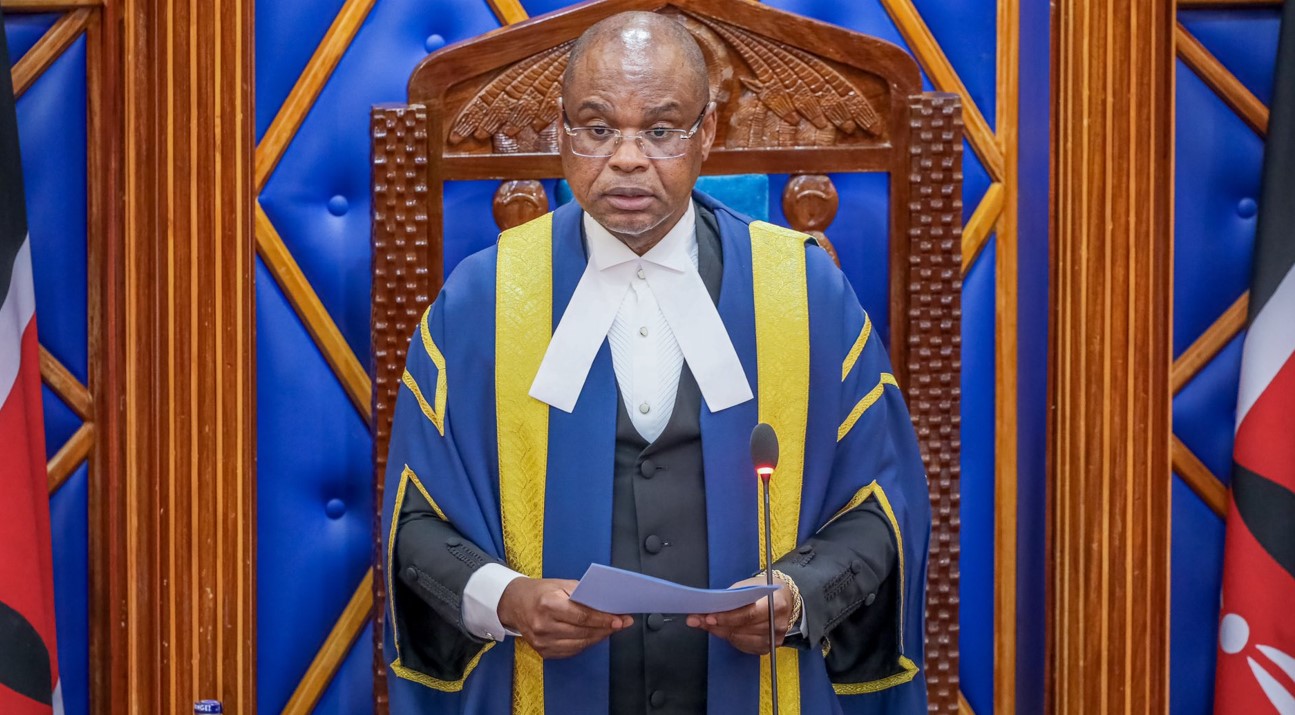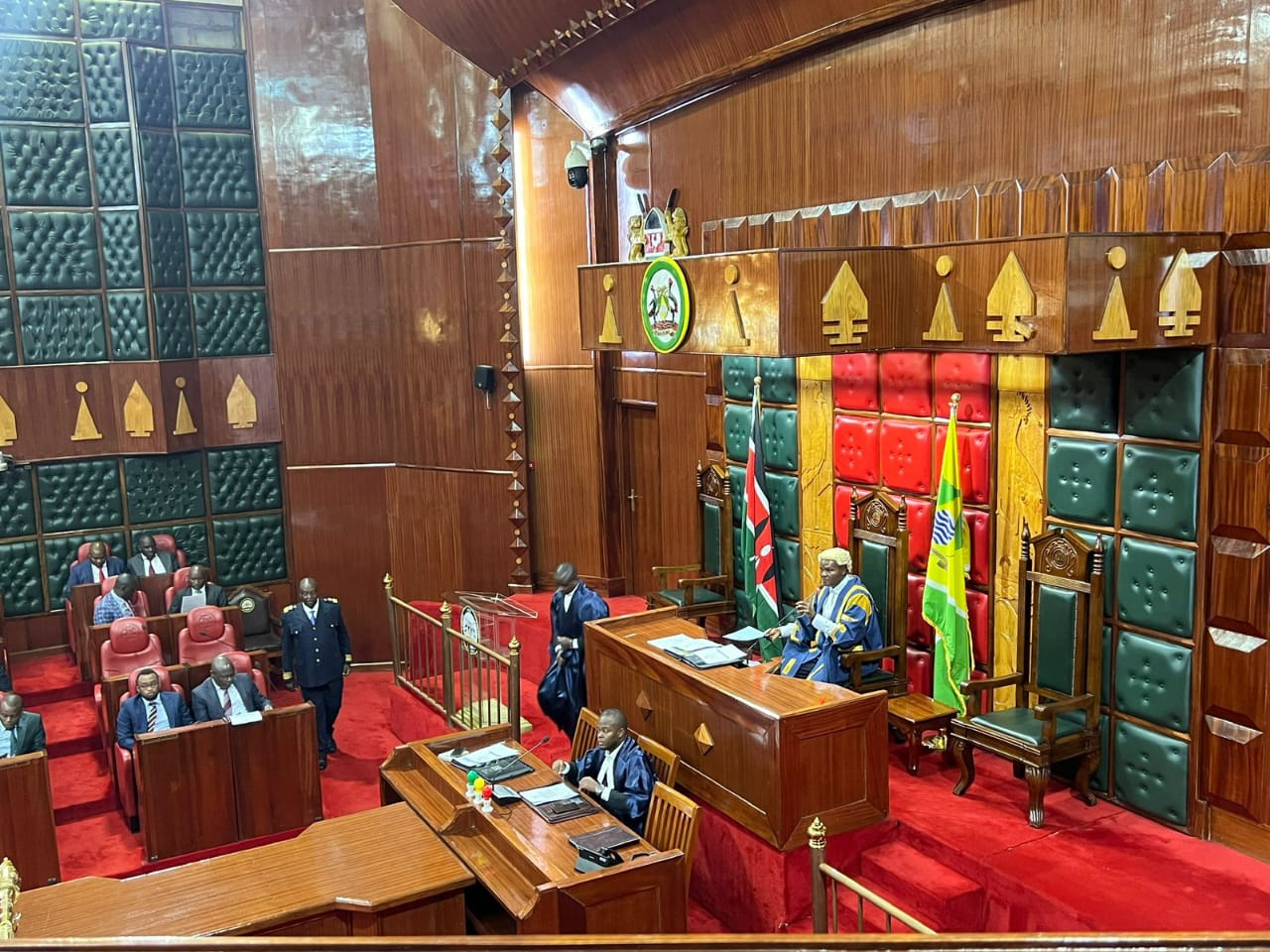UN urged to condemn death penalty for drug crimes as executions surge

According to figures from Amnesty International and Harm Reduction International, over 600 people were executed globally for drug-related offences in 2024 alone.
A coalition of 70 organizations, among them Amnesty International, has called for the abolition of the death penalty for drug-related offences, urging the UN Office on Drugs and Crime (UNODC) and the Commission on Narcotic Drugs (CND) to take a clear stand against such forms of punishment, as drug-related executions continue to rise globally.
According to the signatories who issued the statement ahead of the International Day Against Drug Abuse and Illicit Trafficking on Thursday, capital punishment for drug crimes is a clear violation of international human rights standards and a practice that undermines global efforts toward humane drug control policies.
More To Read
- LSK condemns police brutality, sexual violence, media blackout during June 25 memorial protests
- 16 killed in June 25 memorial protests, most by police – Amnesty International
- ‘He never even finished his lunch’: Grief, questions after blogger Omondi dies in police custody
- I was stripped, beaten- Uganda activist Agather Atuhaire recounts ordeal in Tanzania as Amnesty demands probe
- Amnesty blasts Kenya's Saudi envoy over dismissal of migrant abuse report
- Kenya defends labour deal with Saudi Arabia, dismisses Amnesty report as misleading
"The continued failure to take a stand against the death penalty by these UN bodies mandated to oversee the development and implementation of international drug policies contributes to a lack of transparency and accountability for these human rights violations," said the organisations in a joint statement on Wednesday.
"It risks being interpreted as tolerance or even complicity at a critical moment when drug-related executions are in an unprecedented rise," the organisations said in a joint statement.
According to figures from Amnesty International and Harm Reduction International, over 600 people were executed globally for drug-related offences in 2024 alone, accounting for about 40 per cent of the total number of executions that year (1,518) and the highest since 2015.
Iran was responsible for approximately 500 of those deaths, while Saudi Arabia carried out 122, and Singapore executed eight individuals for drug offences.
Drug-related executions were also confirmed in China, though the actual numbers remain hidden due to state secrecy.
Reports also suggest such executions may have taken place in North Korea and Vietnam, though these could not be independently verified.
"Amnesty International and Harm Reduction International recorded at least 337 new death sentences known to have been imposed for drug-related offences in at least 13 countries in 2024: Bangladesh, China, Indonesia, Iran, Iraq, Kuwait, Laos, Malaysia, Pakistan, Singapore, Sri Lanka, Viet Nam, and Yemen," the statement reads.
"In addition to these, Harm Reduction International recorded death sentences for drug-related offences in Egypt, North Korea, Saudi Arabia and Thailand. It is estimated that at least 2,300 people were on death row for drug offences in 19 countries at the end of 2024; though actual figures are likely to be significantly higher."
Attempts to discuss or introduce the death penalty as punishment for drug-related offences were also recorded in some countries in 2024, including Fiji, the Maldives, Nigeria and Tonga.
However, recent developments in several Asian countries suggest that, in the long term, a significant decrease in the global resort to the death penalty for drug-related offences is possible.
In 2023, Pakistan became the first country in over a decade to repeal the death penalty for drug-related offences. Malaysia, which abolished the mandatory death penalty that same year, commuted more than 1,000 death sentences, none of which were drug-related.
In April 2025, Vietnam's Ministry of Public Security also proposed repealing the death penalty for drug trafficking and other crimes.
"The UN Common Position on Drugs has reiterated in unequivocal terms that the application of the death penalty for drug-related offences does not respect the spirit of the UN Drug Conventions and has the potential to become an obstacle to effective cross-border and international cooperation against drug trafficking," the organisations said.
Top Stories Today
Reader Comments
Trending













































